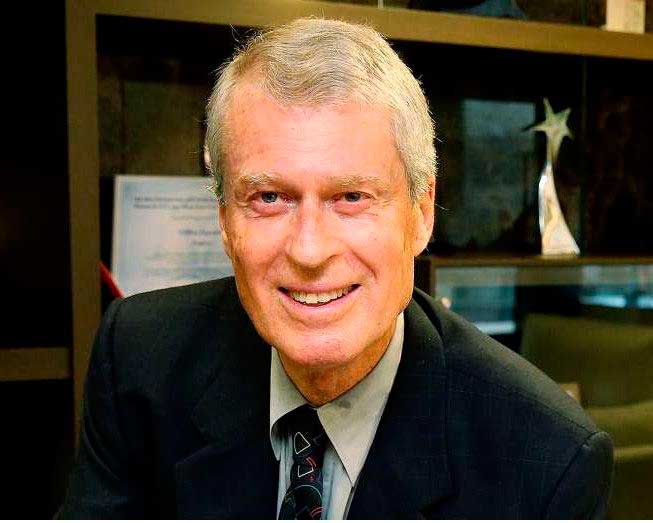Science and Mathematics
Professional Development: Dr. John Cherry
March 16, 2023 at 3:00pm – 5:00pm EDT
Heroy Geology Laboratory, 333C
This event has already occurred. The information may no longer be valid.

The Department of Earth and Environmental Sciences welcomes guest speaker Dr. John Cherry. He will be speaking as a part of our Professional Development class, with the lecture being open to all.
Dr. John Cherry is a pioneer in the field of groundwater pollution, now known as ‘contaminant hydrogeology’. He co-authored the book Groundwater (1979) and was awarded the Lee Kuan Yew Water Prize in 2016, and the Stockholm Water Prize in 2020. He is a Fellow of the Royal Society of Canada, a Member of the US National Academy of Engineering, and a Distinguished Emeritus Professor at the University of Waterloo. He is currently a principal investigator at the Morwick G360 Institute for Groundwater Research at the University of Guelph, Canada.
His talk is titled “The Global Water Crisis Paradox: Groundwater, Food, and Poverty” – Climate, wars, pandemics, and recessions threaten our society’s future but the most immediate threat is disappearing fresh water. Groundwater is at the heart of the crisis because groundwater makes up 99% of all liquid freshwater and when drought comes, groundwater is the only freshwater in most regions. There is a paradox that in many parts of the world too much groundwater is extracted unsustainably (groundwater mining) for irrigation and in other parts there are 3 billion poor rural people of the global population that live in water poverty including many indigenous. These unfortunate people drink unsafe water or have to walk far to get water for drinking, food preparation, and hygiene. In this paradox, groundwater mining is leading to the global food crisis and water poverty is growing as the global population expands towards 10 billion.
To escape the paradox, many aquifers must be pumped less to achieve sustainable water yields and food security. Some aquifers need millions of additional small, low-yield wells to supply individual families with a few hundred liters per-day, which is too little pumping for groundwater mining. Key to understanding the water crisis are the concepts introduced by Glieck and Paniapannan (PNAS, 2010) for peak water, peak sustainable water, and peak ecological water. Lester R. Brown of the Worldwatch Institute warned a decade ago that “the real threat to our future is peak water… over pumping… which threatens food supply” and now it’s happening. We do not recognize the crisis, we are not monitoring the diminished groundwater we have left, and we understand little about how biodiversity and groundwater are connected. In knowledge and technology, we are by far the most advanced civilization ever, but our fate is being determined by our ignorance. However, hope for redeeming the global water crisis lies in the relatively uncomplicated, but nevertheless, challenging solutions that available if we choose.
This event was published on March 10, 2023.
Event Details
- Category
- Science and Mathematics
- Region
- Campus
- Open to
- Public
- Contact
- Aaron Mohammed
earthenvsciences@syr.edu
- Accessibility
- Contact Aaron Mohammed to request accommodations
